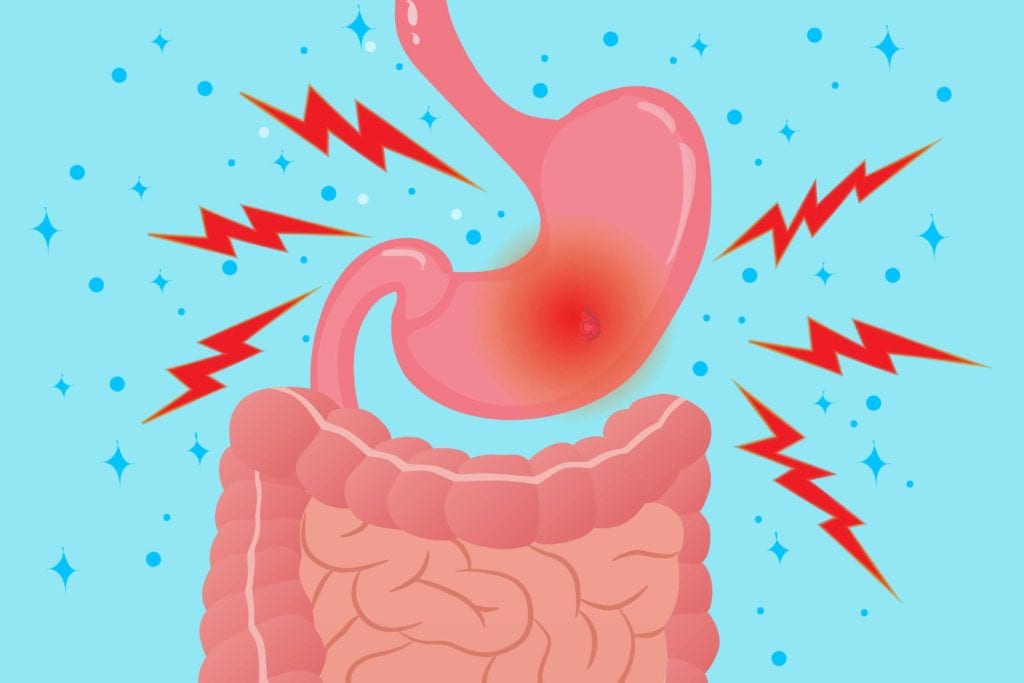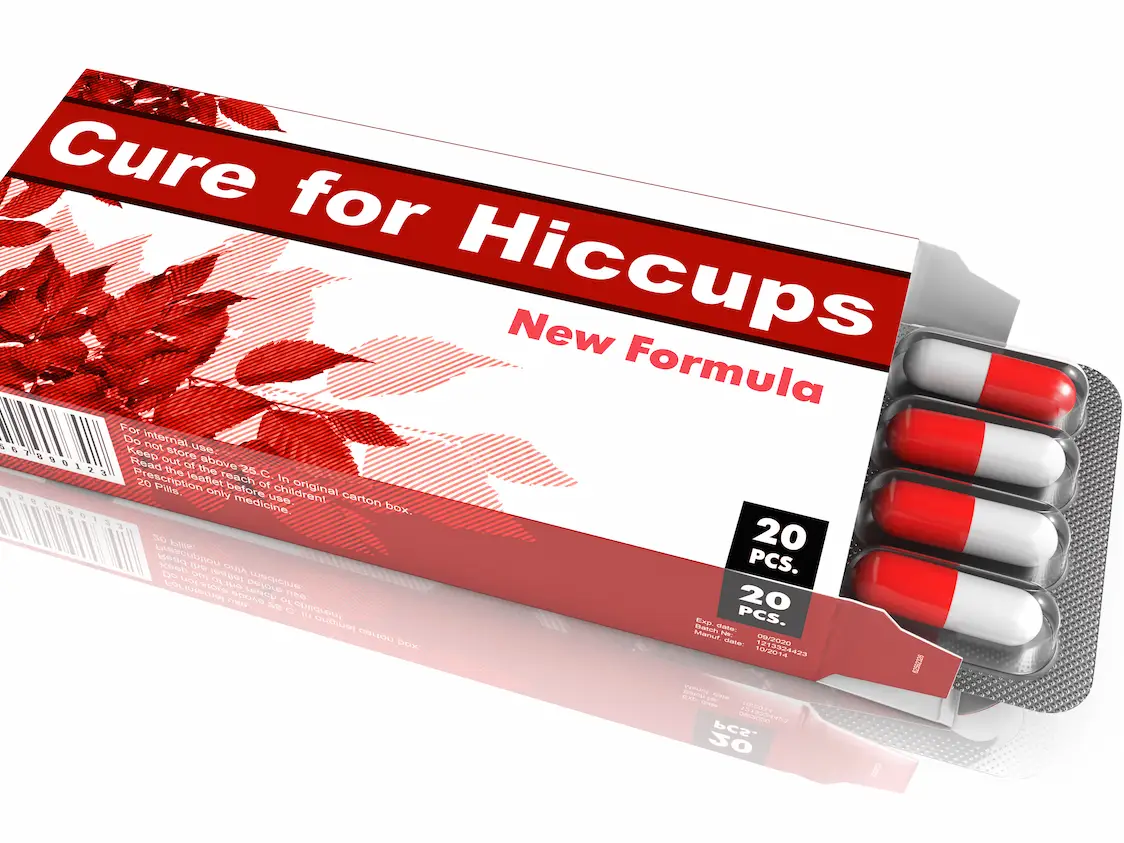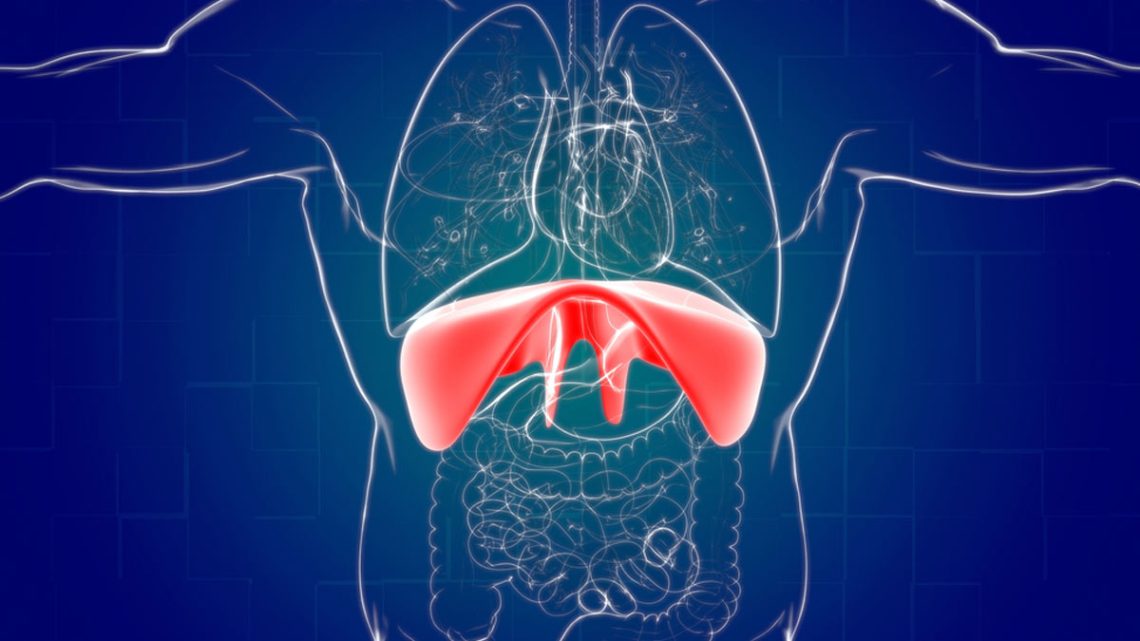Introduction Chronic abdominal pain is a persistent and often distressing symptom that affects millions of people worldwide. Unlike acute abdominal pain, which typically comes on suddenly and resolves with treatment, chronic abdominal pain lasts for weeks, months, or even years. It can interfere with daily activities, negatively impacting one’s quality of life. Chronic abdominal pain can be caused by a range of gastrointestinal conditions, including Irritable Bowel Syndrome (IBS), Inflammatory Bowel Disease (IBD), Gastroesophageal Reflux Disease (GERD), and functional disorders. These conditions often present with overlapping symptoms, making accurate diagnosis and treatment essential for effective management. In this article, we…
-
-
Introduction Sudden abdominal pain is a common yet concerning symptom that often signals an underlying health issue. The abdomen houses many critical organs such as the stomach, liver, intestines, gallbladder, pancreas, and spleen, so pain in this area can stem from a wide variety of conditions. While some causes of abdominal pain are benign and temporary, others require urgent medical attention. Among the most well-known causes of sudden abdominal pain are appendicitis and gallstones, but many other conditions can contribute to such discomfort. In this article, we will explore the common causes of acute abdominal pain, focusing on appendicitis and…
-
Introduction The abdominal area is a complex region that houses several vital organs, including the stomach, intestines, liver, pancreas, kidneys, spleen, and reproductive organs. The pain experienced in the abdomen can result from a wide variety of conditions, ranging from simple indigestion to life-threatening conditions like appendicitis or ectopic pregnancy. For physicians and healthcare providers, understanding where exactly the pain occurs helps in diagnosing the root cause. Similarly, patients who experience abdominal pain can benefit from knowing how the pain’s location might point to different types of conditions, allowing them to communicate more effectively with healthcare professionals. The abdomen is…
-
Introduction Hiccups are usually short-lived and harmless, resolving without any treatment. However, when hiccups persist for more than 48 hours (persistent hiccups) or even longer than 2 months (intractable hiccups), they can significantly disrupt eating, sleeping, and overall well-being. Persistent hiccups often indicate an underlying medical condition and may require professional medical interventions. This article explores the medical approaches used to evaluate and manage persistent hiccups, including diagnostic steps, medications, and more advanced treatments. Step 1: Medical Evaluation Before treating hiccups, doctors aim to identify the underlying cause. A thorough evaluation may include: Once the cause is determined, treatment focuses…
-
Introduction Everyone has experienced hiccups—those sudden, involuntary “hic” sounds that can strike without warning. While usually harmless, hiccups are often puzzling and sometimes embarrassing. But what exactly causes them? To understand hiccups, we need to look closely at how the diaphragm, nervous system, and reflex pathways work together. The Role of the Diaphragm The diaphragm is a dome-shaped muscle located just below the lungs. It plays a vital role in breathing: A hiccup occurs when the diaphragm suddenly and involuntarily spasms, causing a quick intake of air. Almost immediately, the vocal cords close, producing the distinctive “hic” sound. The Hiccup…
-
Introduction Hiccups are a quirky, involuntary reflex that almost everyone has experienced. They usually start when the diaphragm contracts suddenly, often triggered by eating too quickly, swallowing air, or drinking carbonated beverages. While most hiccups resolve on their own, people throughout history have developed countless remedies—some unusual, yet surprisingly effective. These folk remedies may not always have strong scientific backing, but many are rooted in practical logic or traditional wisdom. In this article, we’ll explore some of the most unusual but effective hiccup remedies from around the world. 1. Drinking Water in Strange Ways Drinking Upside Down Sipping Ice-Cold Water…
-
Introduction Hiccups are a natural reflex that can occur in people of all ages, including babies and young children. They are caused by involuntary contractions of the diaphragm, often followed by the closure of the vocal cords, producing the familiar “hic” sound. In infants, hiccups are especially common because their diaphragm and nervous system are still developing. While they are usually harmless, parents may feel concerned or want to help their child find relief. Unlike adults, however, remedies for babies and children must be safe, gentle, and suitable for their age. This article explores effective, safe, and simple ways to…
-
Introduction Hiccups are usually harmless and short-lived, lasting only a few minutes before disappearing on their own. However, when hiccups persist for an extended period—lasting more than 48 hours (persistent hiccups) or even over 2 months (intractable hiccups)—they can interfere with eating, sleeping, and overall quality of life. In such cases, hiccups are no longer just an inconvenience but a potential sign of an underlying medical condition that requires evaluation. This article explores the causes of chronic hiccups, their health implications, and the medical evaluation process. What Are Chronic Hiccups? Chronic hiccups may indicate irritation or dysfunction in the nerves…
-
Introduction Hiccups are a common but often annoying reflex caused by involuntary contractions of the diaphragm—the muscle that helps you breathe. Each contraction is followed by the sudden closure of the vocal cords, creating the characteristic “hic” sound. While hiccups usually resolve on their own, persistent or prolonged hiccups can be frustrating and disruptive. Various remedies exist, from holding your breath to drinking water, but one lesser-known approach is the use of pressure point techniques. Rooted in acupressure and traditional Chinese medicine, these methods focus on stimulating specific points on the body to restore balance, relax the diaphragm, and regulate…
-
Introduction Hiccups, or singultus, are involuntary contractions of the diaphragm followed by a sudden closure of the vocal cords. Most hiccups are harmless and short-lived, but persistent hiccups can be irritating. Among the many home remedies, the sugar swallow trick is a classic and widely used method. But how does it work, and why might it stop hiccups? Let’s explore the science behind this simple remedy. 1. How to Perform the Sugar Swallow Trick Step-by-Step Instructions Note: Avoid using powdered sugar or sugar substitutes, as the texture may not provide the same effect. 2. Why It Might Work The sugar…










